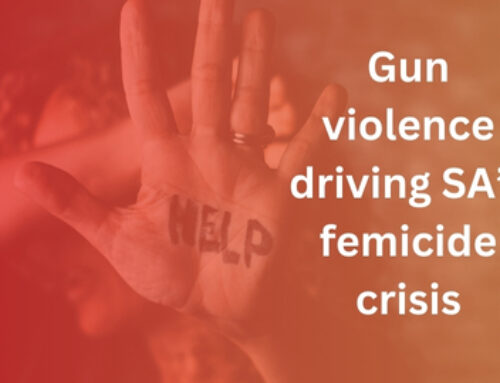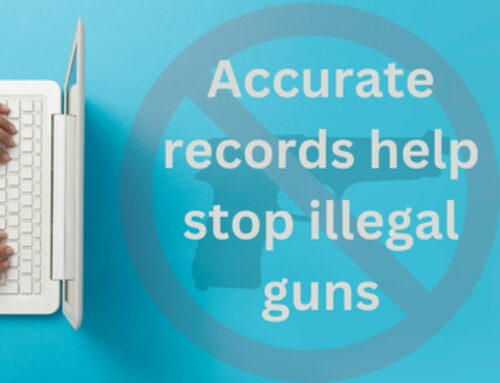In mid March Constable Buti shot and killed his wife before turning the gun on himself following an argument; the couple’s 6-year old child witnessed the shootings. A week earlier Sergeant Brooks shot and killed his girlfriend, her mother and himself during a hostage incident. While parliament and police unions have reacted with shock, the tragic reality is that police killing are not new and, while a range of police-led interventions have been introduced over the years to reduce such deaths, these have had little success.
This Briefing looks more closely at the circumstances under which police are killed or kill to identify risk factors and interventions to protect those entrusted to protect us. It shows that the ready availability of guns increases police members’ risk of being killed, of killing themselves and of killing others and identifies two key interventions that, if implemented immediately, could protect police members and their families:
1. Reduce availability of service pistols to off-duty police members
Section 98 of the Firearms Control Act (2000) clearly states that off-duty SAPS members may not take service weapons home without special permission, stipulating that unless a SAPS member has a permit indicating otherwise, the member must, “at the end of each period of his or her duty, return the firearm in question to the place of storage designated for this purpose by the Official Institution.”
Section 98 of the Act has been operationalised by SAPS through various Instructions and Orders (specifically Standing Order 48 of 2011 and National Instruction 4 of 2016), which clearly spell out the process to be undertaken for an off-duty police member to take a service weapon home.
While government policy is clear, it appears that enforcement thereof has not been standardised countrywide; and that off-duty police members taking service weapons home is the norm rather than the exception. SAPS is urged to look at the on-the-ground operationalisation of Section 98 as restricting the availability of service weapons to off-duty police members would reduce:
- the lethality and thus the success of suicide attempts
- the lethality of domestic violence
- the risk of police officers being killed off-duty
2. Reduce levels of civilian gun ownership
Most police members killed in violent-related incidents in South Africa are shot dead. Research internationally has shown that the more guns that are owned by civilians, the greater the risk of police officers being killed. Under the Firearms Control Act, the SAPS is responsible for ensuring that only people who are “fit and proper” are granted the privilege of owning a gun. Unfortunately, since 2010, the Act has been poorly enforced by the police, with a range of instances involving fraud, corruption and poor adherence to the law resulting in people who should not have guns being granted licences. It’s in the SAPS’ interest to audit all licences issued since 2010 to ensure that due process was followed and that every licensed gun owner meets the necessary criteria to own a gun.





